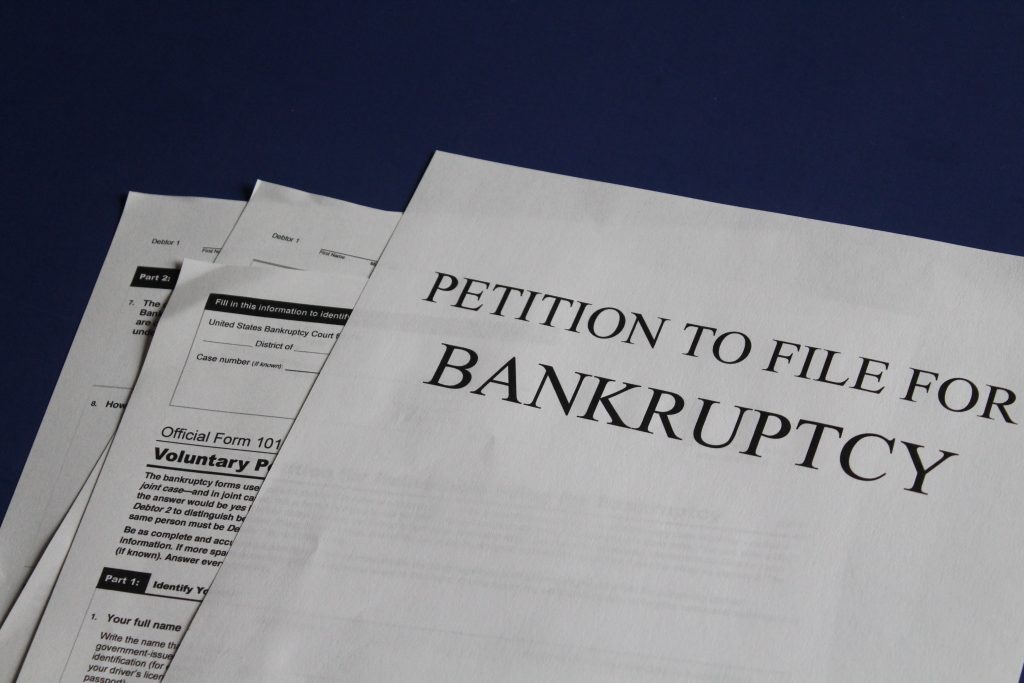
Wondering whether bankruptcy is the best debt relief option for you is normal. It is wise to question whether filing for bankruptcy makes sense for you. When you question filing for bankruptcy, you are more likely to seek more information about bankruptcy from a trusted legal source. While bankruptcy makes sense as a way to eliminate debt for many people, filing for bankruptcy might not be right for you.
Our Mentor bankruptcy attorney helps individuals decide whether bankruptcy makes sense for them. We analyze your financial situation, review bankruptcy and non-bankruptcy options, and discuss the pros and cons of filing for bankruptcy. Our goal is to help you find an affordable solution to debt problems.
What are the Alternatives to Bankruptcy?
Before filing for bankruptcy, explore the alternatives to bankruptcy. For some individuals, non-bankruptcy debt relief options might be a better choice for resolving debt problems.
Some common alternatives to filing for bankruptcy include:
- Debt Settlement — Negotiating with your creditors to settle the debt for a lump sum payment may save thousands of dollars. However, you must have the funds available immediately to pay the lump sum payments. Some creditors may not agree to settle debts. Also, the amount of debt forgiven by the creditors is included as income on your tax returns for that year, so you could owe more income taxes.
- Debt Consolidation Loans — Some individuals may be able to consolidate their debts into one payment, which is lower than all the debt payments combined. This debt-relief option might work if you can afford the debt consolidation payment. However, most lenders require collateral for large loans. If you default on the payments, you could lose your home, vehicle, or other assets you used as collateral for the debt consolidation loan.
- Using Retirement Funds — Some individuals borrow from their retirement account or withdraw funds from their IRA to repay debts. While this option might seem better than bankruptcy, there are some disadvantages, including early withdrawal penalties and tax liabilities. Also, you may not have sufficient funds in your account when you are ready to retire. Most retirement accounts are protected in bankruptcy.
- Debt Consolidation Companies — Debt consolidation companies negotiate with your creditors for lower payments and debt forgiveness. Unfortunately, your creditors may not agree to negotiate the debt. Some creditors may decide to take legal action to collect the debt. The debt consolidation company also charges a fee for its services, which can be expensive.
Should I File For Bankruptcy Relief?
If you cannot afford to repay your debts, bankruptcy may be the best way to eliminate debts. Bankruptcy relief is intended to give individuals the fresh start they need to recover after a financial crisis.
Most people file for bankruptcy relief because of a financial crisis that was beyond their control, such as unemployment, illness, death of a spouse, accidental injury, or divorce. Even if you need to file bankruptcy because you got in over your head with credit card debt, there is nothing to be ashamed of and no reason to feel guilty. You have as much right to file for bankruptcy relief as anyone else.
If you are facing foreclosure, repossession, debt collection lawsuits, or wage garnishments, you might need to seriously consider a bankruptcy filing to protect your income and property.
Choosing Between Chapter 7 and Chapter 13
Choosing between a Chapter 7 or Chapter 13 bankruptcy case can be difficult unless you have a bankruptcy attorney to guide you through the process of filing bankruptcy.
A typical no-asset Chapter 7 bankruptcy case can be filed and discharged in four to six months. However, you must meet income requirements to qualify for a bankruptcy discharge under Chapter 7. Some property could also be sold by a Chapter 7 trustee if the property has substantial equity that exceeds the bankruptcy exemptions.
If you do not meet the income requirements for a Chapter 7 case, you are facing foreclosure or repossession, or you have substantial equity in certain assets, you might want to file under Chapter 13. Chapter 13 takes longer to complete, and you must repay some of your debts through a bankruptcy repayment plan. However, a Chapter 13 case can help you keep your home and vehicle. You can also repay debts that cannot be forgiven in bankruptcy over several years, instead of all at one time.
Contact a Mentor Bankruptcy Attorney for More Information
If you are unsure whether to file for bankruptcy relief, we want to help. Attorney Heather Moseman carefully reviews your financial situation to determine whether Chapter 7 or Chapter 13 is right for you. She discusses the pros and cons of filing for bankruptcy and answers your bankruptcy questions during a consultation. Get the facts about filing for bankruptcy from a trusted source before deciding how to deal with your debt problem.
Contact our law firm by calling (440) 255-0832 or by completing the contact form on our website to request a consultation with an Ohio bankruptcy attorney.
